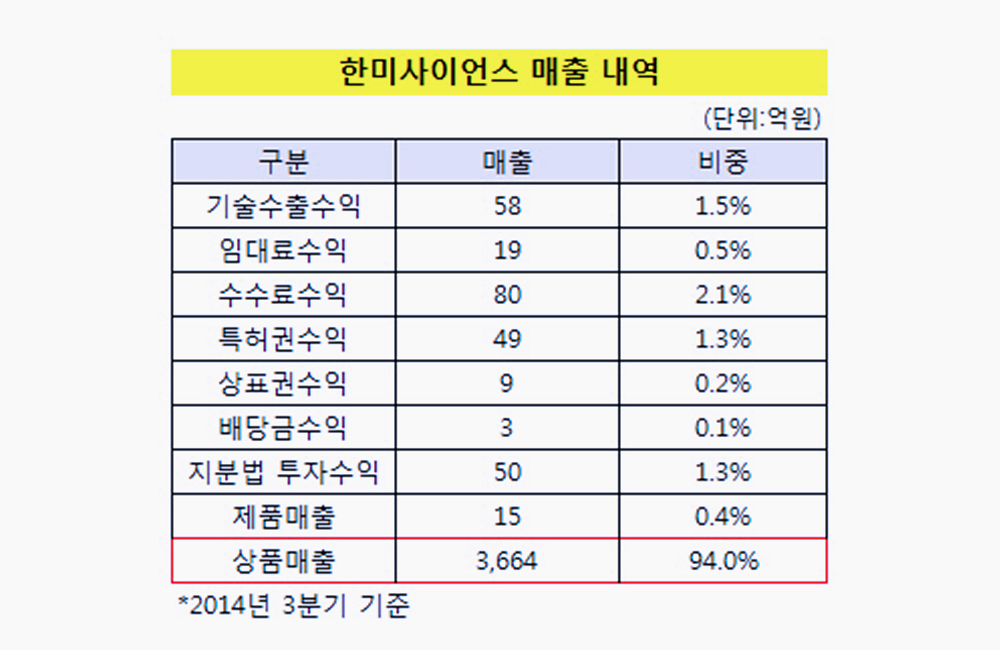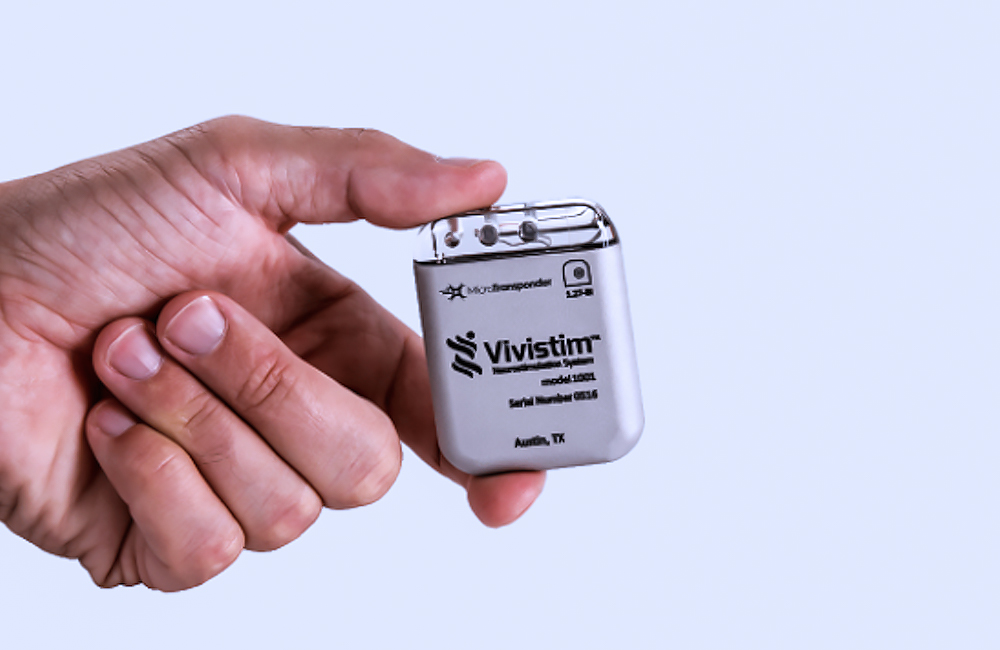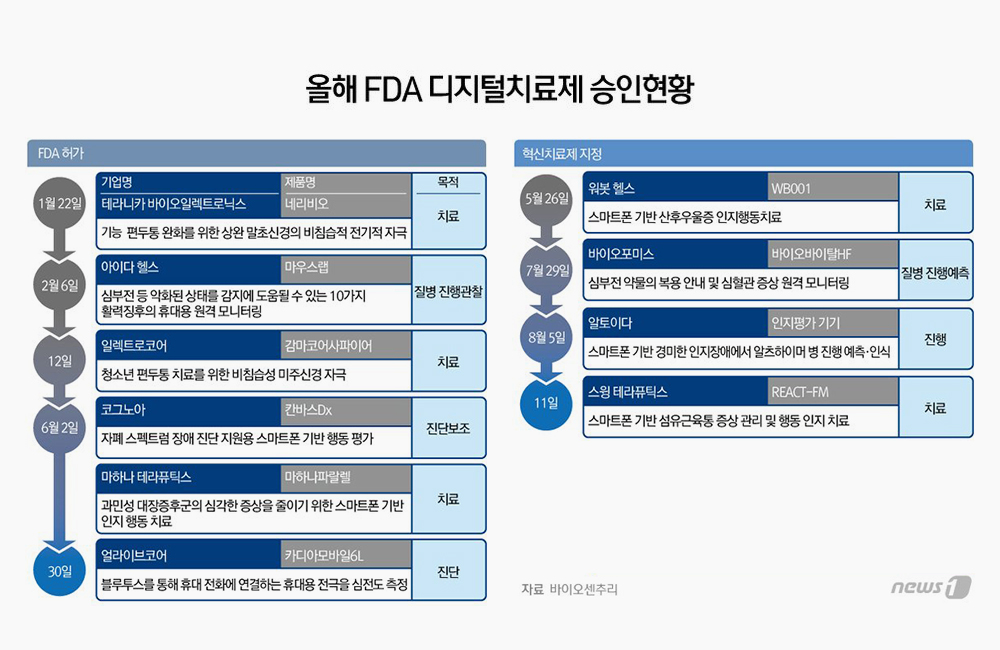The
potential is enormous, but like any other technology, we need to identify how
to leverage it for the greatest value – and how to organize our thoughts around
artificial intelligence, says Erik Barnett of Avanade.
Generative
artificial intelligence presents opportunities across provider functions and
changing patient experiences, says Erik Barnett, North America advisory health
and life sciences lead and digital advisory practice leader with Avanade, a
digital, cloud and advisory service provider to healthcare and other
industries.
"It's
hyper-personalized, and so this makes it interesting," he said today at
the HIMSS23.
With
chatbots, there is usually "a dead end somewhere." However, large
language models like ChatGPT take it to the next level, and the use of AI has
drastically changed in mere months since the November 2022 launch.
Barnett
presented use cases and spoke about the potential for generative AI to act as a
co-pilot in helping to address the healthcare industry's business and clinical
challenges – like clinician burnout and achieving interoperability – and benefit
the patient experience.
Burnout
is evident in nursing shortages and doctors reporting that they are spending
more than two hours each day doing paperwork, he said.
For
clinical intelligence, generative AI is very good at summarizing information.
This can be especially helpful for patients that have multiple conditions, he
said.
Utilizing
machine learning for topic analysis and pattern recognition can also change patient
experiences, while sentiment analysis can identify how they are feeling.
Pattern
recognition, for example, can answer questions about patients, such as when
they report having pain, said Barnett.
"Was
it at a certain time of the day? Did they have pain in certain parts of the
body at certain times of the year?"
Patient
discharge documents are another use case where generative AI can take generic
information, and make it very personalized. They can be based on a patient's
specific past medical history and what happened in that appointment with the
physician and the care team.
It
could be very helpful for patients to go back and look at that interaction in
greater detail.
For
example, "When someone tells you have a cancer, you don't hear another
word," Barnett said.
In
value-based care, where the goal is to reduce hospitalizations, readmissions
and emergency room visits, generative AI could improve care plan adherence by
personalizing care plans.
"It's
more likely that a patient follows through and takes their medications as
appropriate, but also is motivated to be a part of that plan," he said.









